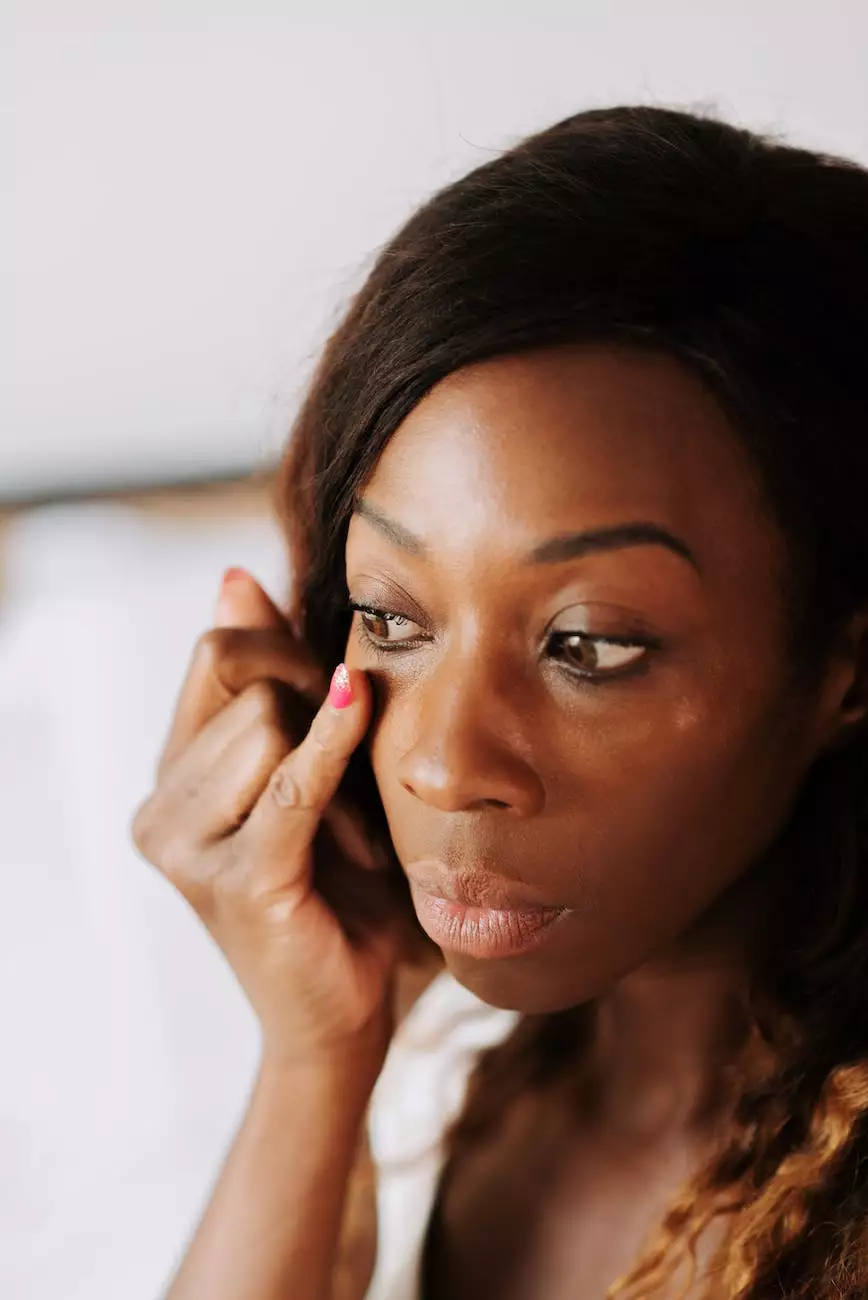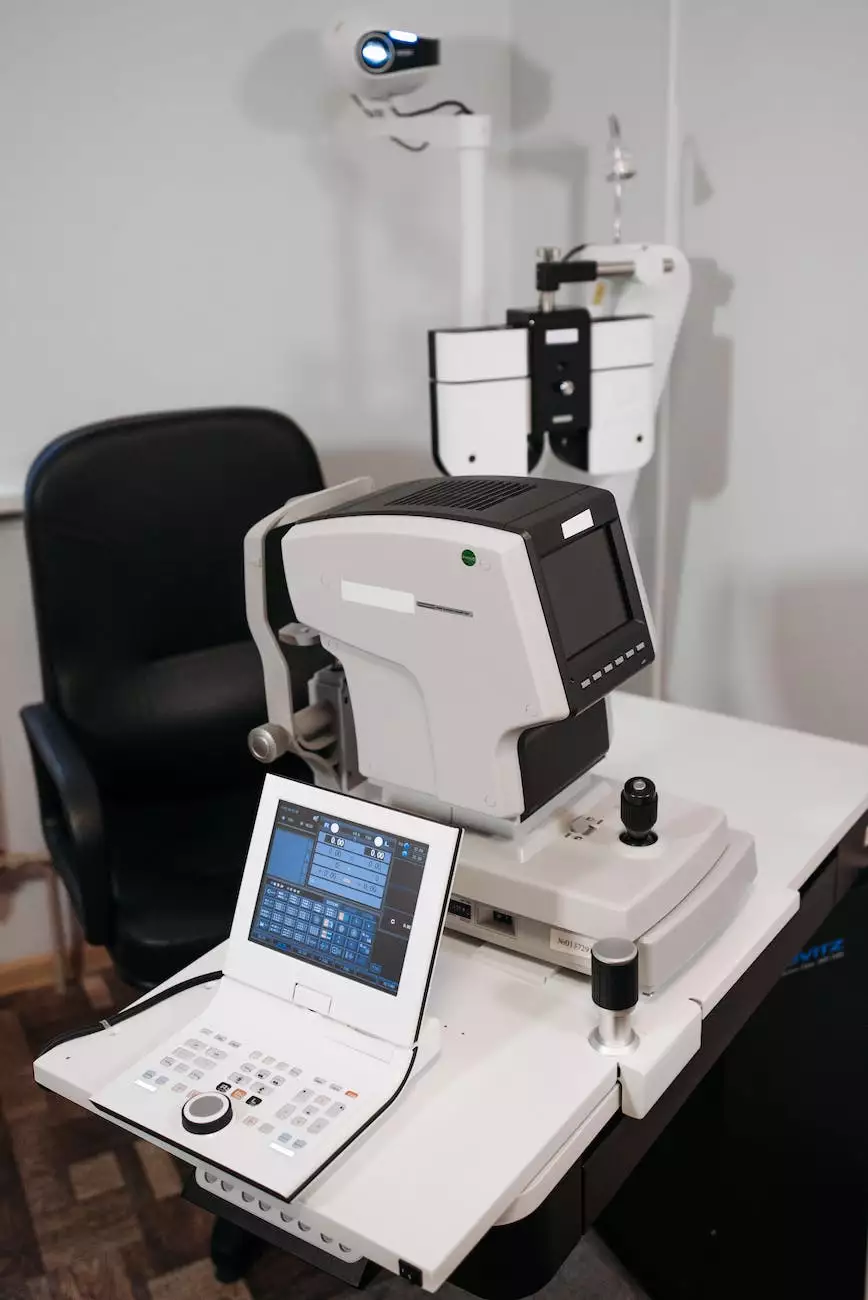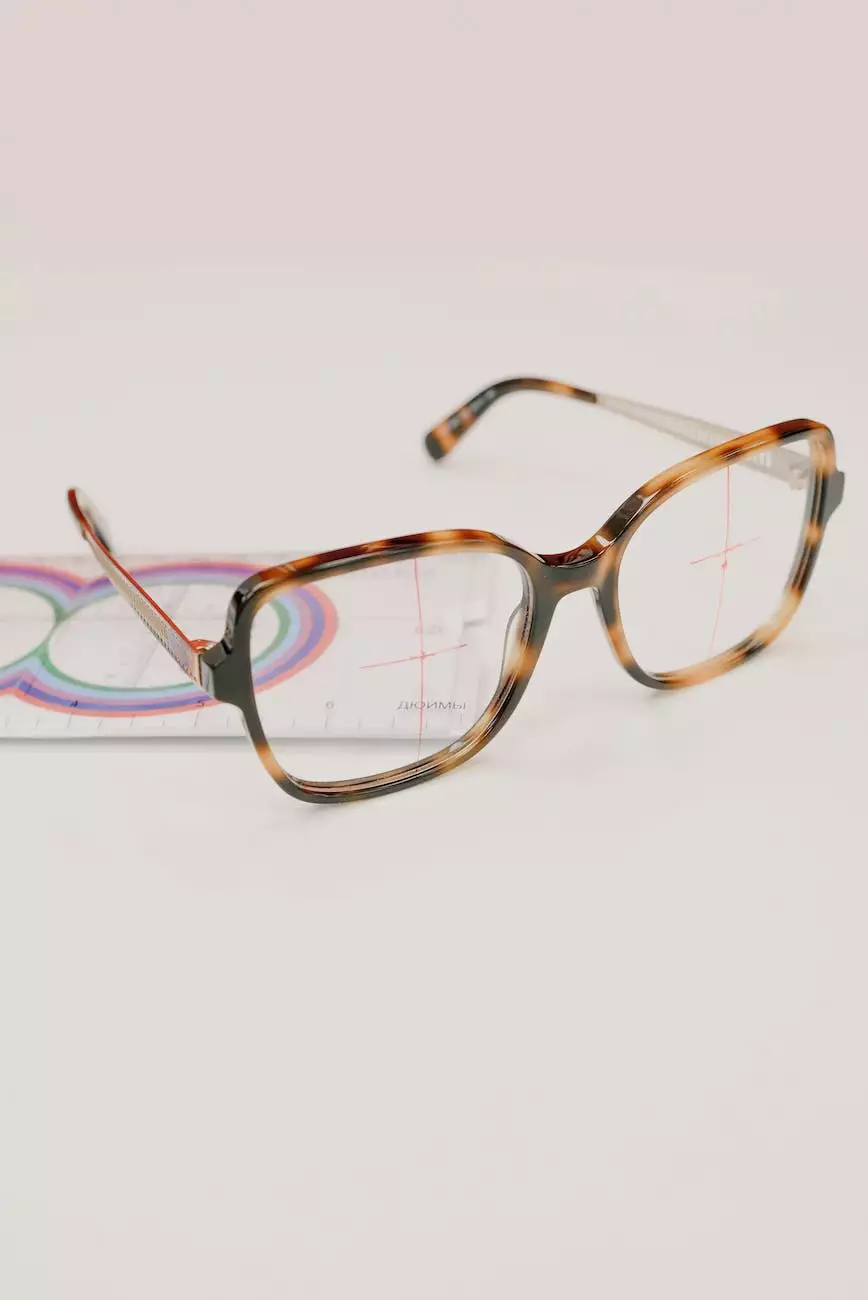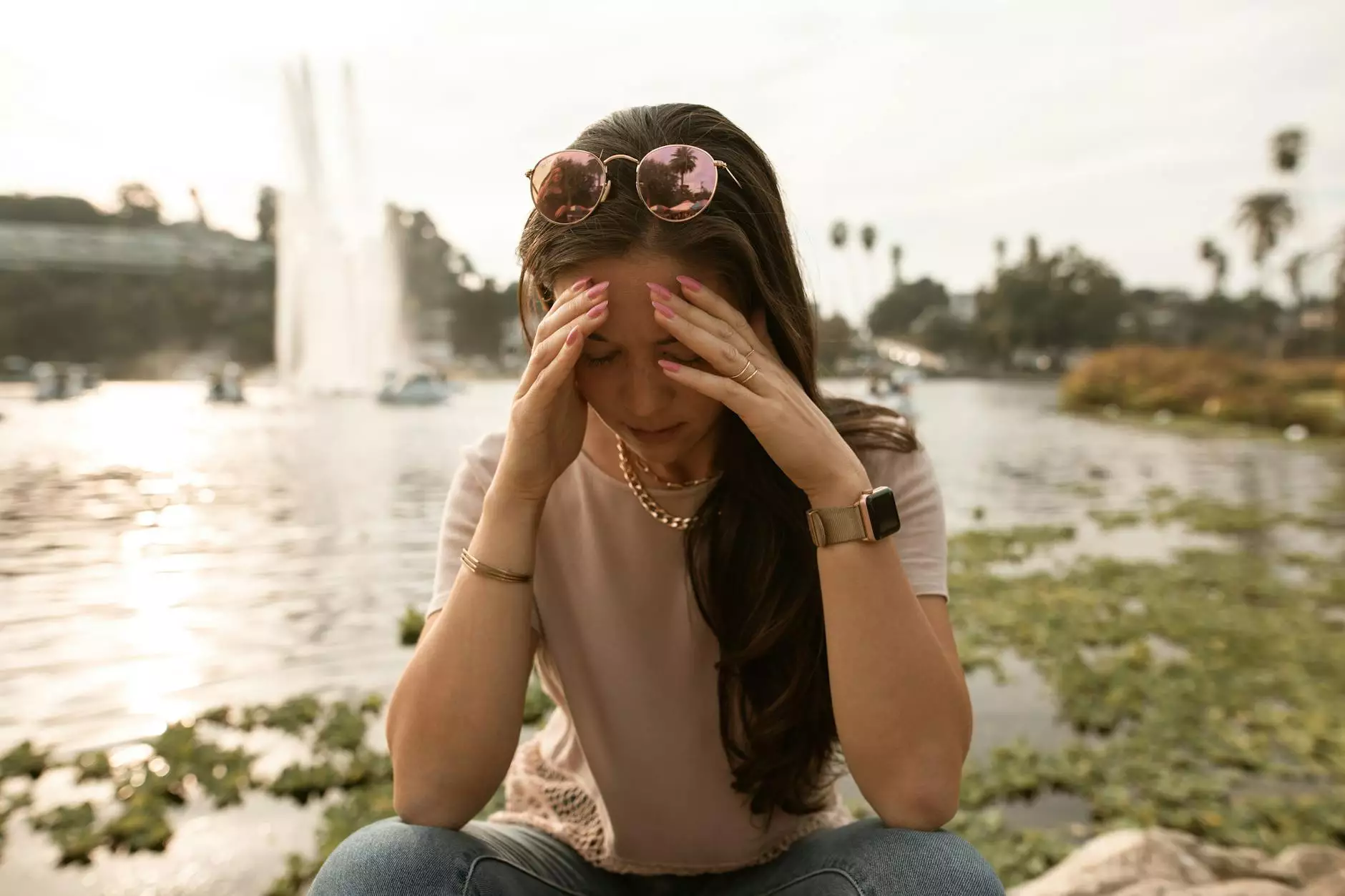Blue Light and Eye Health
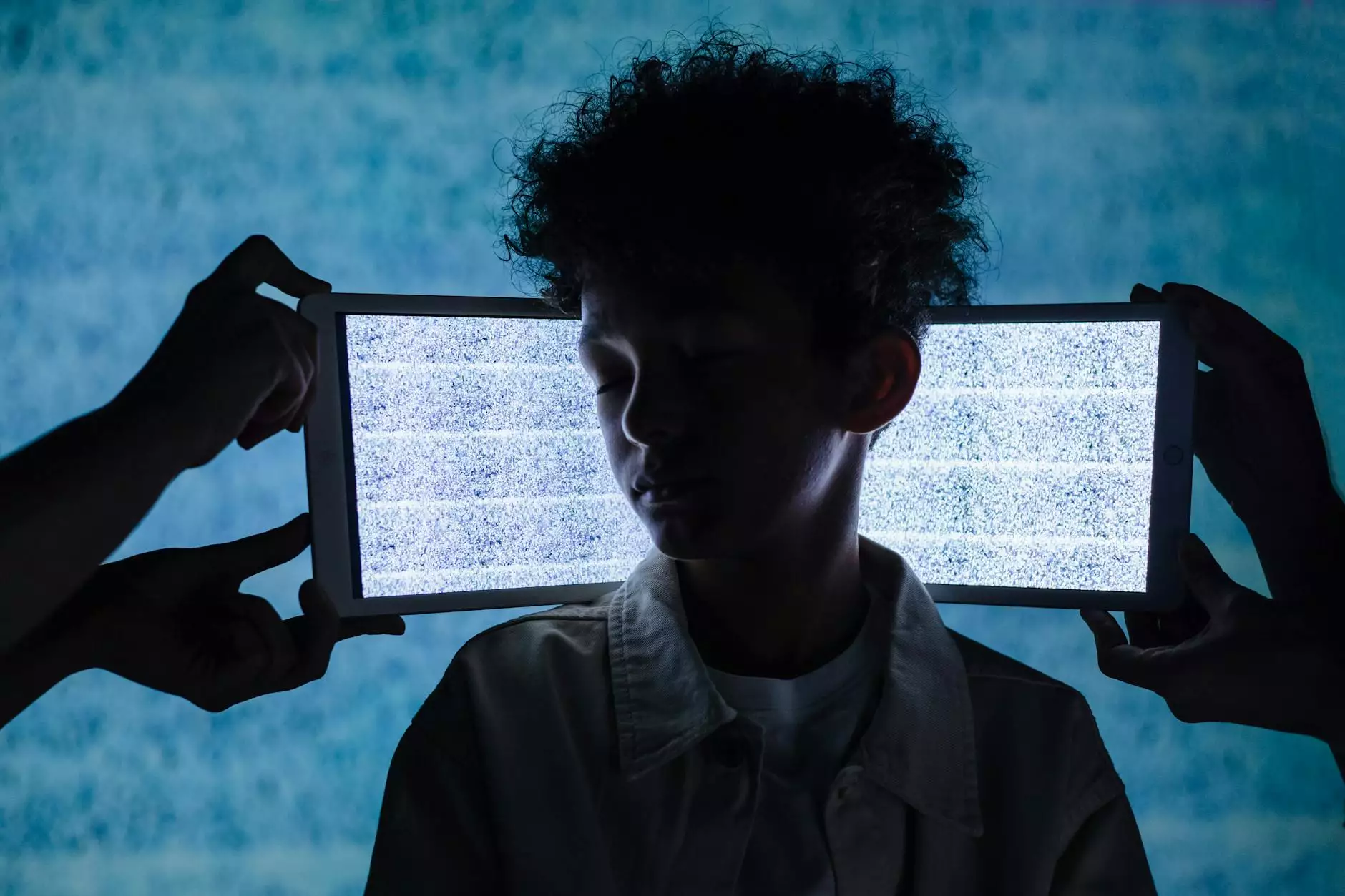
The Importance of Understanding Blue Light and its Effects on Your Eyes
In today's digital age, we are constantly exposed to screens emitting blue light, whether it's from our smartphones, tablets, or computer screens. While blue light plays a crucial role in regulating our sleep-wake cycle and boosting our mood, excessive exposure to it can have detrimental effects on our eyes and overall eye health.
Understanding Blue Light
Blue light is a high-energy visible (HEV) light wave that falls within the visible light spectrum. It is emitted by the sun, as well as artificial sources such as LED lights, fluorescent lights, and digital screens. Unlike ultraviolet (UV) rays, blue light can penetrate the eye's natural filters and reach the retina.
The Impact of Excessive Blue Light Exposure on Eye Health
Prolonged and unprotected exposure to blue light can lead to a variety of eye-related issues:
- Eye Strain: Blue light emitted by screens can cause digital eye strain, leading to symptoms such as dry and irritated eyes, blurred vision, and headaches.
- Disruption of Sleep Patterns: Exposure to blue light before bed can suppress the production of melatonin, a hormone that regulates sleep. This can result in difficulty falling asleep and disrupted sleep patterns.
- Digital Eyestrain: Frequent use of digital devices can contribute to an increased risk of developing conditions such as myopia (nearsightedness) and macular degeneration.
- Increased Risk of Age-Related Macular Degeneration (AMD): Studies suggest that prolonged exposure to blue light may contribute to the development of AMD, a condition that causes the central vision to deteriorate over time.
- Impaired Cognitive Function: Some research suggests that excessive blue light exposure may negatively impact cognitive function, including memory and attention span.
Protecting Your Eyes from Blue Light
As the awareness of the potential risks associated with excessive blue light exposure grows, it's important to take proactive measures to protect your eyes:
- Use blue light filters on your digital devices: Applying blue light filters to your screens can reduce the amount of blue light reaching your eyes.
- Consider wearing blue light blocking glasses: These specialized glasses contain lenses that filter out a portion of blue light, reducing eye strain and protecting your eyes from potential damage.
- Limit screen time: Take regular breaks and practice the 20-20-20 rule by looking at an object 20 feet away for 20 seconds every 20 minutes to reduce eye strain.
- Create a screen-free bedtime routine: Avoid using electronic devices at least an hour before bedtime to promote healthy sleep patterns.
- Ensure proper lighting conditions: Use adequate lighting when working or reading to reduce eye strain.
- Schedule regular eye examinations: Visit David J Scholten, OD, PC for comprehensive eye exams to monitor your eye health and discuss any concerns related to blue light exposure.
Conclusion
Understanding the impact of blue light on eye health is essential in today's digital world. By taking proactive steps to protect your eyes from excessive blue light exposure, such as using blue light filters and wearing blue light blocking glasses, you can help maintain your vision and reduce the risk of associated eye conditions. Schedule an appointment with David J Scholten, OD, PC today to discuss your eye health and learn more about protecting your eyes from blue light.
